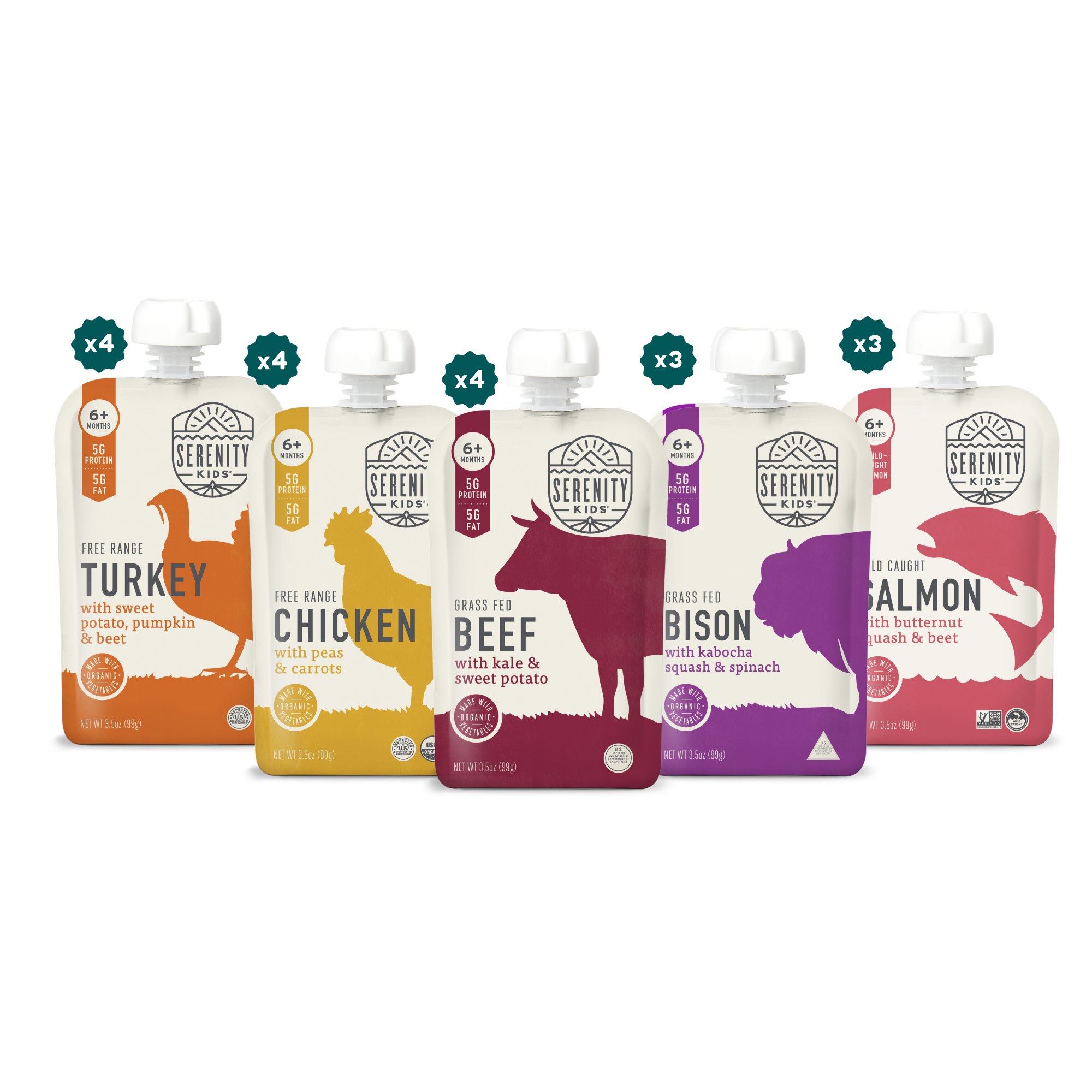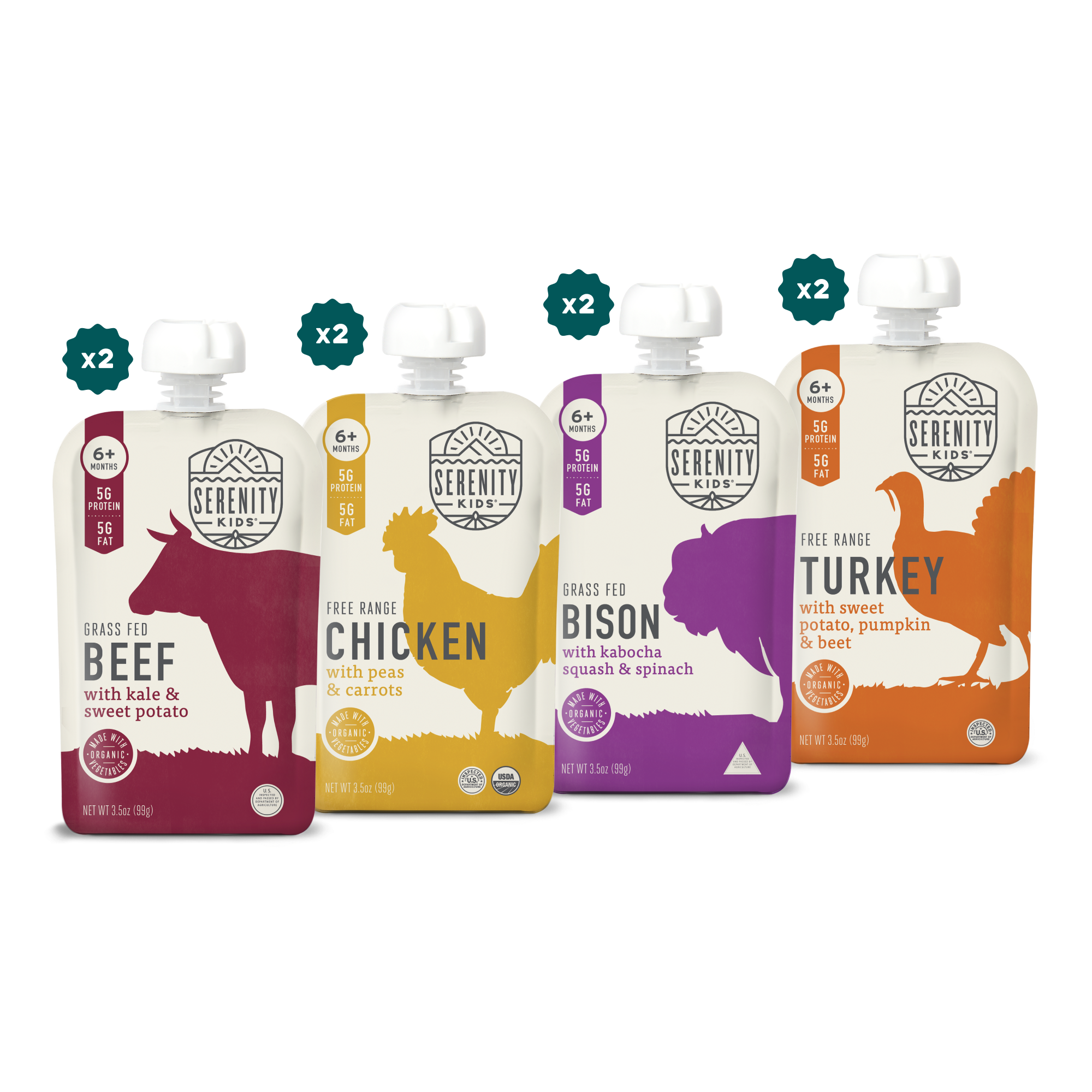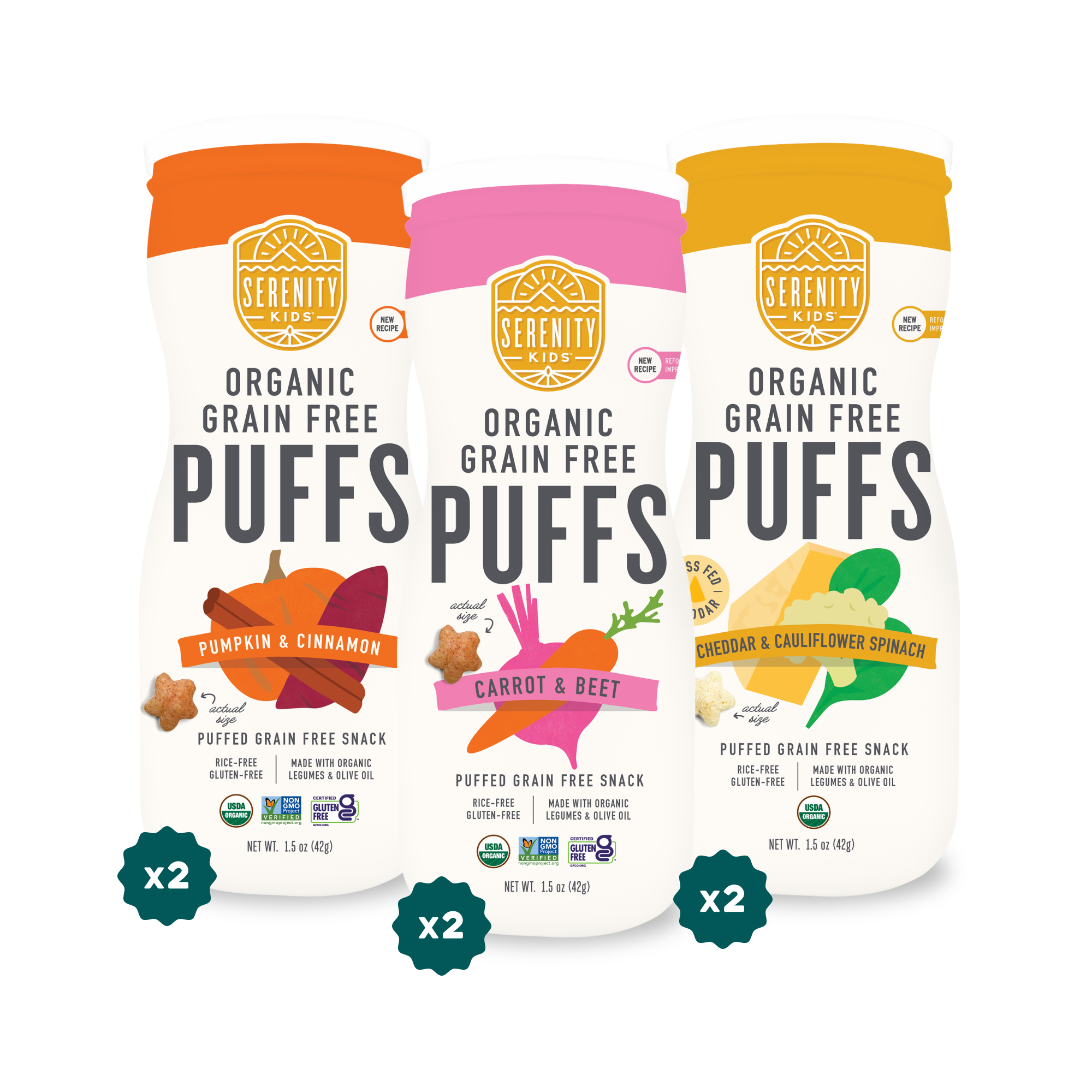TABLE OF CONTENTS
Written by Hillary Bennetts
August 25, 2022
Can You Freeze Formula? Is It Safe?

Are you wondering if freezing your baby’s formula is a good idea? Read this post to learn all about the different factors you need to consider when freezing formula!
Freezing baby formula is a convenient option for some parents, but is it safe to freeze formula? Keep reading for everything you need to know about freezing baby formula and why the CDC does not recommend it. We will also give you some pointers on how to freeze formula safely to mitigate these health concerns, so stay tuned!
Can You Freeze Baby Formula? Things To Consider Before Doing So
You can freeze baby formula safely, but parents must first know the best practices for ensuring that freezing baby formula does not add any unnecessary risks. There are some risks to consider before freezing baby formula, and being aware of potential drawbacks allows you to think about whether freezing formula is right for you and your child.
There are a few benefits to freezing breast milk and baby formula. First, it saves time on preparing the formula daily. Instead, you can just remove it from the freezer to let it thaw, for use during the day. If you are traveling, the frozen baby formula will be easier to transport and will last longer, and you won't have to mix formula while on the move. Frozen baby formula can also be a great way to soothe your baby's mouth while they are teething. The frozen formula is cold enough to help numb the mouth, which can provide your baby with great pain relief.
Now that we know some of the benefits of freezing baby formula, let's dive in and take a look at some of the baby formula cautions to consider.
Issue #1: Freezing Formula Can Cause Separation Between The Fat And The Rest Of The Mixture
While the freezer is an excellent place to keep your food fresh, it could degrade the quality of your baby's formula. When stored in the freezer, the fat in the formula may separate from the rest of the mixture. This separation can change the taste and the texture of the powdered formula mix, making it less appealing to your baby.
Issue #2: Freezing Formula Could Encourage Bacteria To Grow
If the infant formula is exposed to bacteria before freezing, the extreme temperature in your freezer may make the formula milk unsafe to drink. Also, if the infant formula is past its expiry date, it may not be safe for you to use, even if it is frozen before this date.
Issue #3: Freezing Baby Formula Can Cause A Deterioration In Nutrients
It’s always a good idea to review the nutrition stats in your formula, and it’s important to know that freezing can influence them. Freezing infant formula can potentially cause a loss of nutrients. Usually, freezing has very little effect on the nutritional content of food. However, pre-freezing processes, such as blanching, and the thawing process of frozen baby formula, can cause the nutrients to degrade.
Because of this, you might consider the age and needs of your baby when deciding whether or not to freeze your formula. For example, if you are feeding an infant who is entirely reliant on the nutrients in formula, you may choose to skip freezing to ensure they get all of the nutrients intended. However, if you are looking to just make a fun and healthy treat for a toddler who is eating plenty of other nutritious food, a popsicle made with formula can be a great option!
How To Freeze Formula As Safely As Possible
Although there are some risks to freezing formula, we understand that it can be a convenient option for parents and that it can also help you to reduce waste. So, let's look at how you can mitigate the risks to ensure maximum safety when preparing your baby’s formula.
1. Clean Your Hands Properly
We use our hands for pretty much everything and they can pick up quite a lot of bacteria throughout the dayIt's important to wash your hands frequently to keep your baby safe—especially when handling their food.
Keeping your hands clean helps to reduce the risk that you’ll transfer bacteria to your baby's formula before freezing And not to harp on your form, but a quick rinse doesn’t really cut it. Grab a snack and check out this video for a detailed demo on hand washing technique.
2. Decide How Much Formula You Want To Freeze
You need to figure out how much formula you will need before freezing it, as you want to ensure you will use it before it expires. If you don't use frozen baby formula often, it might be a good idea to freeze a small batch. However, if you use it all the time and regularly find it useful for soothing your infant's teething pains, then preparing a larger batch is a better bet.
3. Read The Instructions Provided By The Baby Formula Manufacturer
The baby formula manufacturer will provide instructions on whether the formula is suitable for freezing. It is essential to read the instructions carefully for your specific product, as ingredients differ by brand, and some won’t work for freezing. Be sure to read the label on your formula and also read any warnings or precautions you must take.
It's best to opt for toddler formula from a brand you trust - like ours! Serenity Kids A2 Whole Milk Toddler Formula is made using organic A2 milk from grass-fed cows and without any inflammatory industrial seed oils.
4. Choose A Safe, Sterilized Container
Choose a heat-proof glass or silicone container. To sterilize it, fill it with hot water and submerge it into boiling water. Leave it in the water for around 15 minutes. Then, remove the container with sterilized tongs and let it air dry. Once it is fully dry, you can use it for freezing your infant formula.
5. Use The Number Of Scoops Recommended By The Manufacturer
Once your container is ready, pour in your boiling water. Once you have poured in your water, you should check how much formula you should add to the mixture; this will be displayed on the manufacturer's packaging, in a ratio of water to formula scoops.
6. Mix The Formula In The Container
Mix the formula in the container to avoid contamination. Otherwise, you will have to sterilize every piece of equipment you are using, which can be time-consuming.
7. Put Labels On The Container And Store It In The Freezer
Once you have created your formula mixture, label it with the expiration date and contents, to ensure you do not use it past its expiration date.
Can You Freeze Powdered Formula?
Freezing powdered formula before mixing it with water is not recommended, and it doesn’t extend its shelf life at all. Since powdered formula should be kept dry, it is unsuitable for freezing and refrigeration. The moisture in your fridge and freezer could compromise the formula and cause it to become moist and clumpy. In addition to this, freezing powdered formula will cause it to separate once it is mixed with water.
So, when it comes to preserving your formula and keeping it fresh, follow the instructions on the label. It’s best to always ensure food is adequately sealed before storage, and avoid using it past its expiration date. For the best freshness, just seal your formula and store it in a dry, cool place.
Summary
Parents have to consider all sorts of risks and potential rewards when raising their children. But making informed decisions is the best you can do as a parent, no matter the subject.
Freezing infant formula does come with some risks, but you can mitigate these risks to ensure the process is as safe as possible for your child. Practice safe preparation, consider the age and needs of your child, and do what is best for you!
You Might Also Like
· 1 min read · Recipes
· 7 min read · Education















































